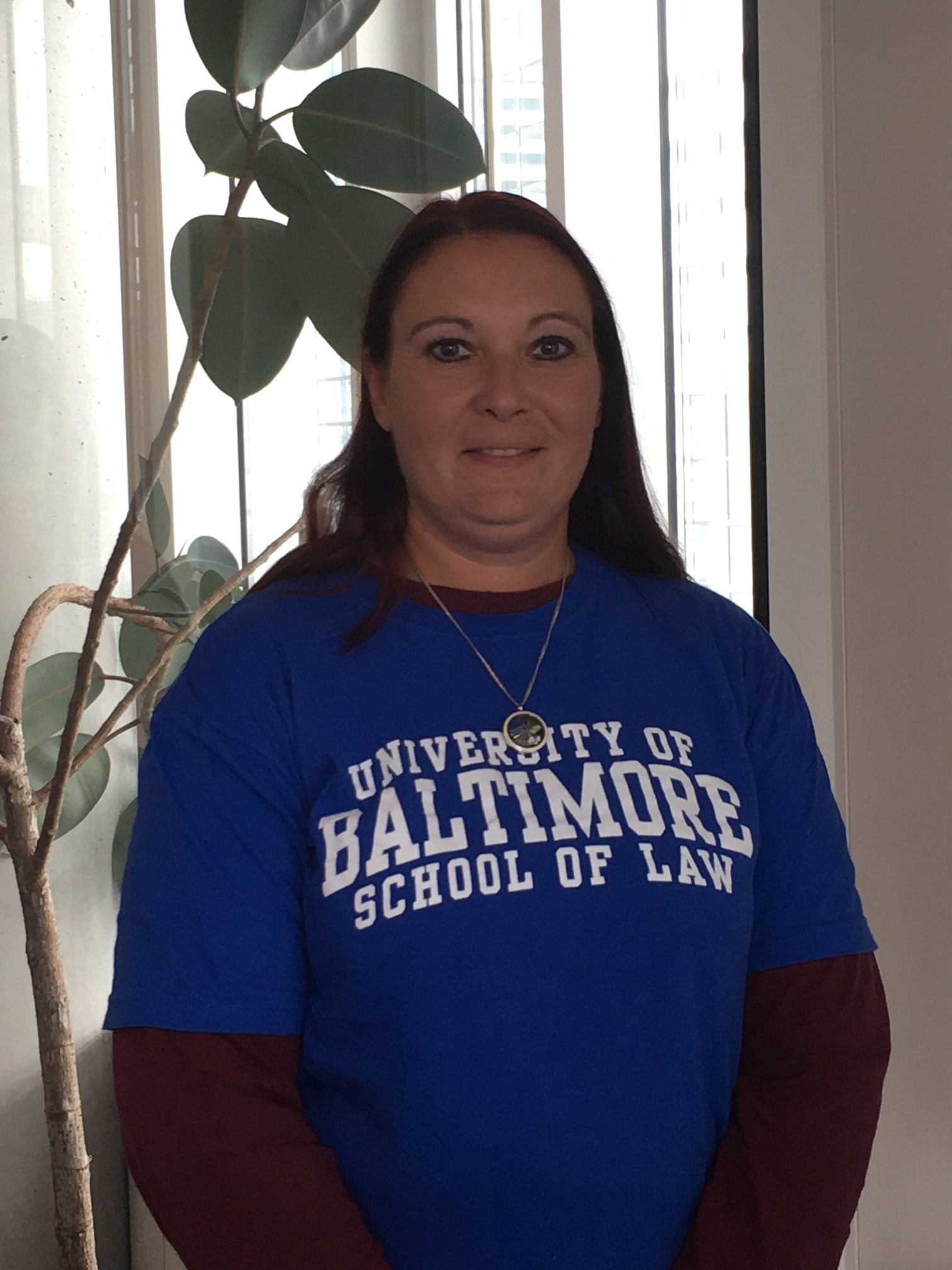By Emily Rondholz, CFCC Intern from the University of Baltimore Criminal Justice Program
Last Spring, I attended a mandatory internship fair at the University of Baltimore, designed to help Criminal Justice majors secure internships that are required for graduation. I truly did not know what to expect. I imagined there would be a myriad of police departments and other law enforcement agencies. I am an older nontraditional student returning to school. As a result, I knew that I did not want to pursue a career in law enforcement. I was hoping there would be other opportunities available and that something would catch my interest. I walked into the room, which, as I expected, was lined with various law enforcement agencies. I carefully continued looking around the room. Because I am interested in attending law school at the University of Baltimore School of Law immediately following my graduation, I hoped that I might find something more law-related. After looking around the room a little more, all of a sudden it caught my eye – – the representatives from the Truancy Court Program (TCP), operated by the University of Baltimore School of Law Sayra and Neil Meyerhoff Center for Families, Children and the Courts (CFCC). The program is designed to help truant Baltimore City Public School students improve their attendance by addressing the underlying issues that prevent them from coming to school. The program also works with truant students to improve their grades and classroom behavior.
Within two minutes of talking about the TCP internship, I knew that this was where I wanted to be. I knew that I HAD to secure this internship. As a result, I was really excited when I was selected for the program for the fall 2017 semester. From the very first TCP orientation session at CFCC’s offices in the law school, my experience has been both enriching and educational.
I was very eager to get started at my assigned schools and begin to work with the TCP students. Through the internship, I have learned that some of the problems that deter students from coming to school every day and on time require only simple fixes. However, other issues are more complex. For example, one TCP family lost their home during the course of the semester. Fortunately, they were not displaced for long, and the students were soon back in school. Several students contended with issues that were beyond their control, such as when parents were not able to get themselves up in the morning to make sure that their young children made it to school on time. This is unfortunate because many of these students want to be in school so they can succeed academically.
Overall, I believe this experience has been a positive one and that we, as a team, were able to help many of the students participating in the program. Most of their attendance rates improved, and some of their grades also began to improve, as they worked with our fantastic team of tutors from the University of Baltimore. This experience will definitely help my future family law practice. My internship has given me insights on how to solve problems without overburdening the already overwhelmed court system. It has also shown me that I need to approach each student/future client individually, as they each have their own story and special set of circumstances that shape who they are. I hope that before I graduate I will be able to convince some of my peers to consider participating in this internship program. If I had the opportunity, I would do the internship over again.
